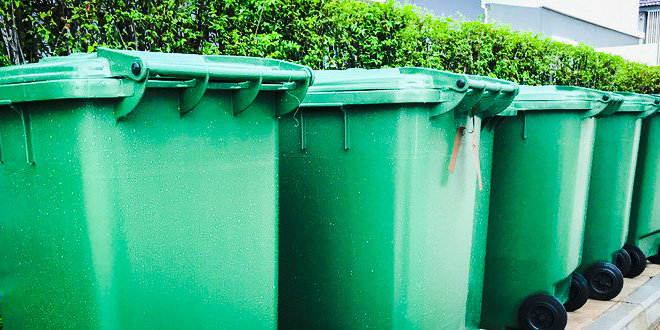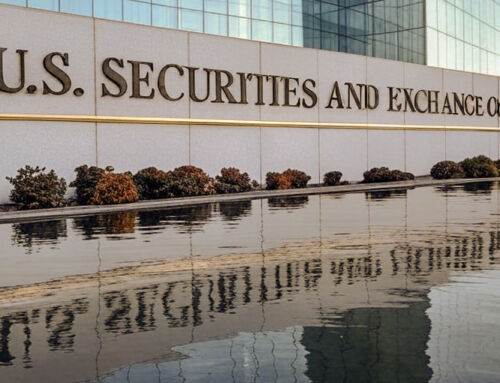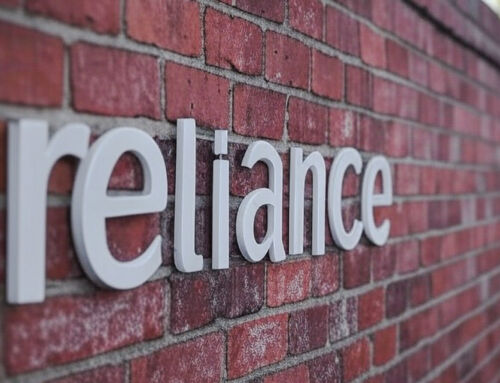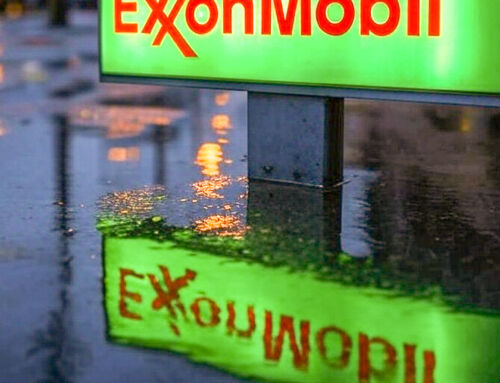View by Topic
Recent Articles
-
SEC Reverses Course on Defending its Climate Related Disclosure RuleSaturday, February 15th, 2025
-
Reliance Letters: An Essential Part of Phase 1 Environmental Site AssessmentsSaturday, February 8th, 2025
-
Reverse Greenwashing: The Battle Over ExxonMobil’s RecyclingSaturday, February 1st, 2025
-
Anatomy of an Executive Order: Stopping the WindSaturday, January 25th, 2025
-
Citizens and Businesses Join Suing Maryland to Halt BEPSMonday, January 13th, 2025
View by Month/Year
“Green Building Law Update” Headlines
Recent Articles & News from
Stuart Kaplow’s blog
at GreenBuildingLawUpdate.com
- SEC Climate Disclosure Rule: A Dramatic Reversal Under Trump February 16, 2025
- Reliance Letters: An Essential Part of Phase 1 Environmental Site Assessments February 9, 2025
- Reverse Greenwashing: The Battle Over ExxonMobil’s Recycling February 2, 2025
- Anatomy of an Executive Order: Stopping the Wind January 26, 2025
Subscribe to the Green Building Law Update!
Stuart Kaplow brings his expertise and extensive experience to the table with his unique digital publication, "Green Building Law Update". Subscribers receive regular updates to keep them informed about important issues surrounding Environmental Law, Green Building & Real Estate Law, as well as the emerging demand for Environmental Social Governance (ESG).
Get fresh content through the lense of Stuart Kaplow's cutting-edge expertise, innovative commentary and insider perspective. Don't miss another issue! Subscribe below.

Recycled Restaurant Waste Cooking Oil Can Trigger Insurance Pollution Exclusion
In a case having broad implications given the wide mandatory recycling of restaurant waste cooking oil across the country, in a decision filed on April 29, 2019, a federal appeals court held that contaminated recycled fat could trigger the “pollution exclusion” in an insurance policy.
In Restaurant Recycling, LLC v. Employer Mutual Casualty Company,
Restaurant Recycling purchased used fat, like waste cooking oil from restaurants in mandatory commercial organics recycling programs and the like, and then processed and resold the substances to pork and poultry producers for blending with other ingredients in their animal feed.
From July to September 2014, Restaurant Recycling delivered several loads of its blended fats to New Fashion Pork. These fat products were contaminated with two substances, lasalocid and lascadoil. Lasalocid, a chemical agent, “is not generally recognized as safe and is known to cause deaths in horses, turkeys, and swine.” Lascadoil, a byproduct in the manufacture of lasalocid, “is not approved for consumption in humans or in animals and is not generally recognized as safe.” Lascadoil is an industrial waste product whose only approved use is as biofuel.
New Fashion Pork sued Restaurant Recycling for delivering defective shipments of recycled fat, which New Fashion Pork uses as an ingredient in its swine feed. Restaurant Recycling, in turn, sued Employer Mutual Casualty Company, seeking a declaratory judgment that the insurer had a duty to defend and indemnify Restaurant Recycling. Employer Mutual moved for judgment on the pleadings, citing a total pollution exclusion in its general commercial insurance policy that limited coverage in the case of property damage arising from dispersal of pollutants. Fatal to its case, Restaurant Recycling conceded that lascadoil is a “pollutant” such that these actions were within the scope of their insurance policy’s pollution exclusion.
The district court granted the motion, and Restaurant Recycling appealed. The Eighth Circuit Court of Appeals concluded that the total pollution exclusion applies and affirmed the judgment.
This case highlights one of the real world implications of the use recycled products, mandatory and otherwise, which are widely blended with other ingredients before being reintroduced into the stream of commerce.









